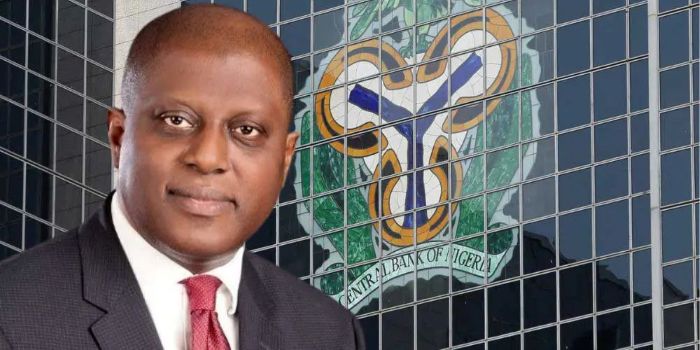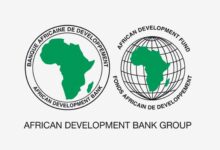CBN Interest Rates Hold Expected, But Real Sector Needs More Than Monetary Fix – CPPE

The decision by the Central Bank of Nigeria (CBN) to maintain benchmark interest rates at its latest Monetary Policy Committee (MPC) meeting has drawn a measured response from private sector economists, who say the move was anticipated but insufficient on its own to address Nigeria’s inflationary and economic challenges.
Speaking to the News Agency of Nigeria (NAN), Dr. Muda Yusuf, CEO of the Centre for the Promotion of Private Enterprise (CPPE), said the apex bank’s stance was in line with expectations, but urged broader economic policy interventions to complement monetary tightening, especially in tackling the high cost of doing business and persistent inflation.
Monetary Policy Status Quo: Expected, But Not a Silver Bullet
The MPC, at its 301st meeting, held key indicators unchanged:
- Monetary Policy Rate (MPR): 27.5%
- Cash Reserve Ratio (CRR): 50% (for deposit banks), 16% (for merchant banks)
- Liquidity Ratio: 30%
- Asymmetric Corridor: +500/-100 basis points around the MPR
This marks the third consecutive hold by the CBN in 2025, with the apex bank clearly signaling that its hawkish posture remains in place until inflation shows consistent moderation.
Despite a marginal drop in headline inflation to 22.22%, Dr. Yusuf observed that month-on-month price pressures persist across headline, food, and core inflation indices—a worrying sign that cost-push factors remain entrenched.
Tight Policy Attracts Forex, But Growth Still Suffers
Dr. Yusuf acknowledged that CBN’s tight stance has had some positives, particularly in attracting foreign portfolio inflows into Nigeria’s financial markets, thereby improving foreign exchange liquidity. However, he cautioned that:
“High interest rates—some exceeding 30%—are prohibitive for businesses and deeply harmful to the real sector.”
He explained that while financial instruments and portfolio investors may benefit from elevated yields, borrowers and manufacturers face rising debt servicing costs and limited access to affordable credit, stifling investment and expansion.
BRANDECONOMY INSIGHT: Inflation Needs More Than Interest Rates
CPPE’s core argument is clear: monetary tools alone are not enough to rein in inflation. Structural factors like:
- High energy prices
- Exchange rate volatility
- Logistics bottlenecks
- Import dependency for critical inputs
- Insecurity disrupting agricultural output
…must be addressed through coordinated fiscal, trade, and security policies.
Yusuf called for aggressive support for domestic production, logistics reforms, and lower import tariffs on critical raw materials to ease inflationary pressure.
“Economic policy is about trade-offs. While tight money attracts forex, it also constrains growth. We must now focus on boosting productivity and scaling up food output—especially by tackling insecurity,” he stressed.
What to Watch: August-September Outlook
With another policy review likely in two months, all eyes are on:
- Inflation trends (especially food inflation)
- Naira stability amid global oil price fluctuations
- FGN’s fiscal reforms and revenue mobilisation
- New interventions to reduce energy and production costs
For now, CBN’s monetary restraint buys time, but the real fight against inflation and stagnation lies beyond the central bank’s toolkit.












